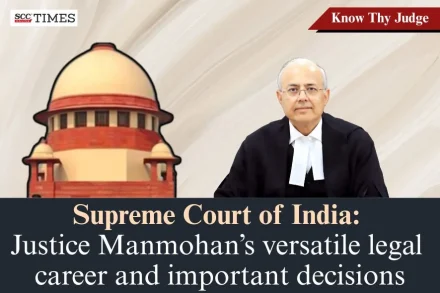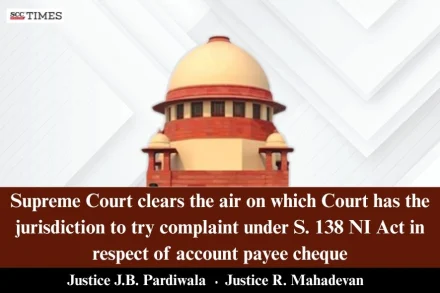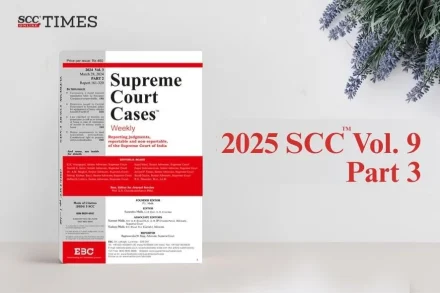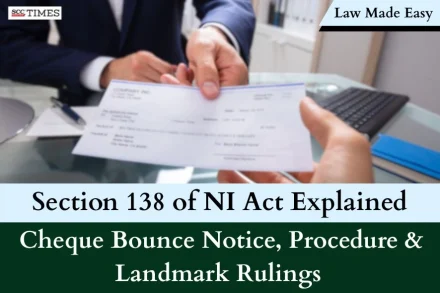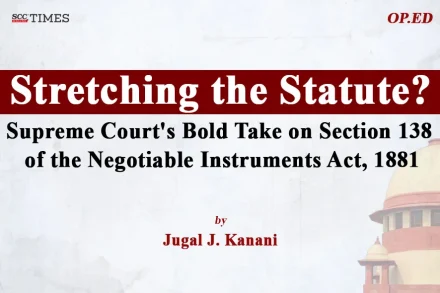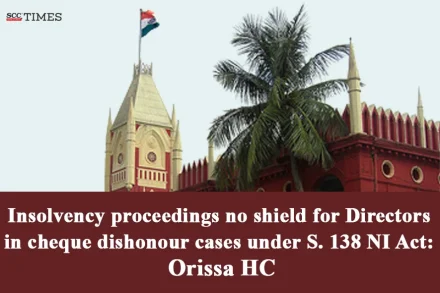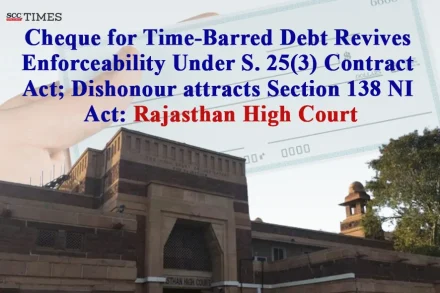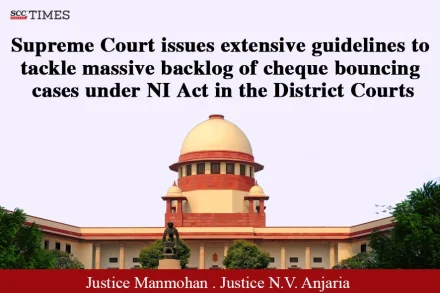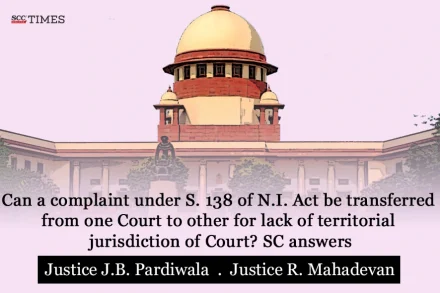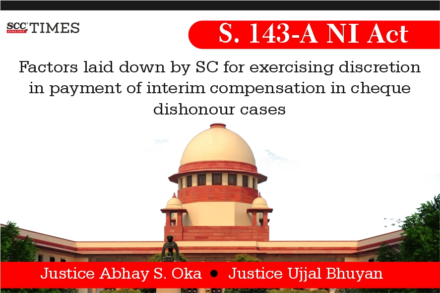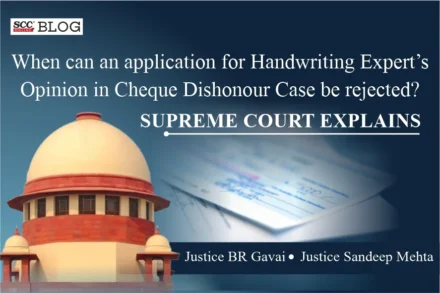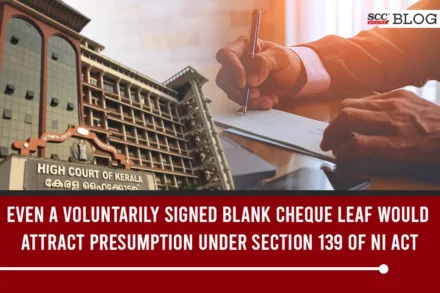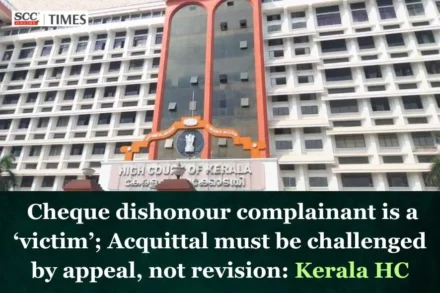
Cheque dishonour complainant is a ‘victim’; Acquittal must be challenged by appeal, not revision: Kerala HC
“A complainant under Section 138 of the NI Act is a victim as defined in Section 2(wa) CrPC as the expression ‘victim’ includes not only the person who has suffered any loss or injury caused by reason of any act or omission for which the accused person has been charged, but also includes his or her guardian or legal heir.”


